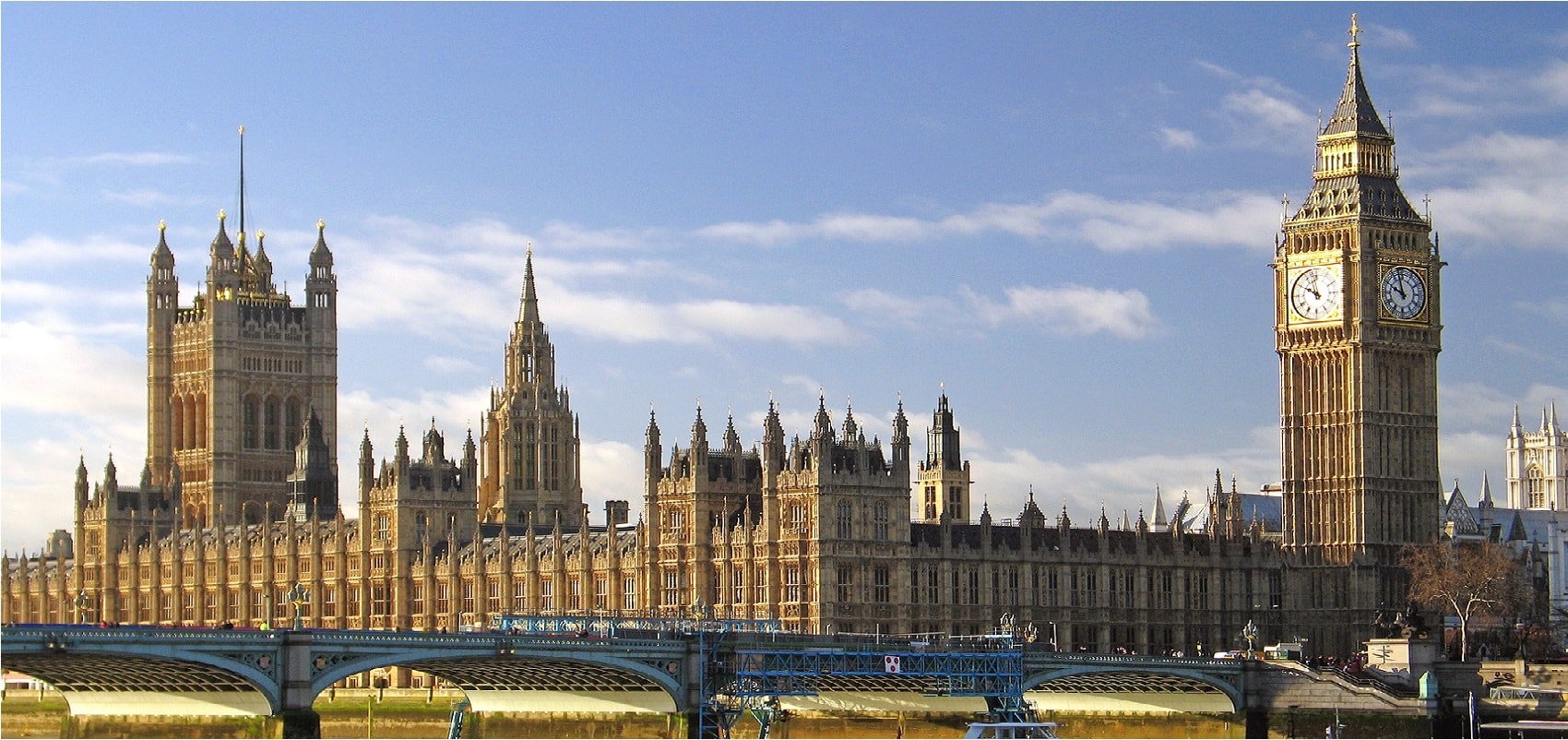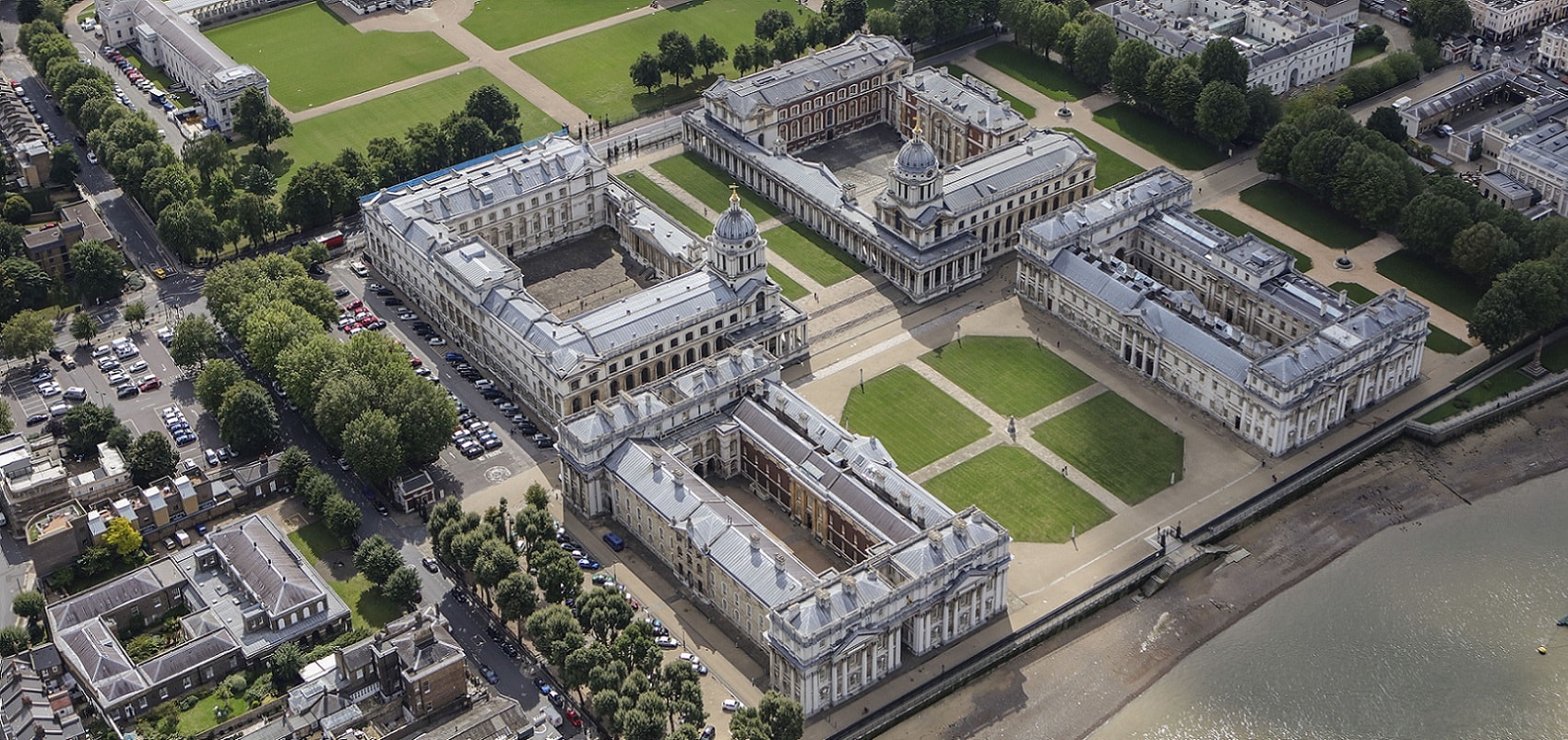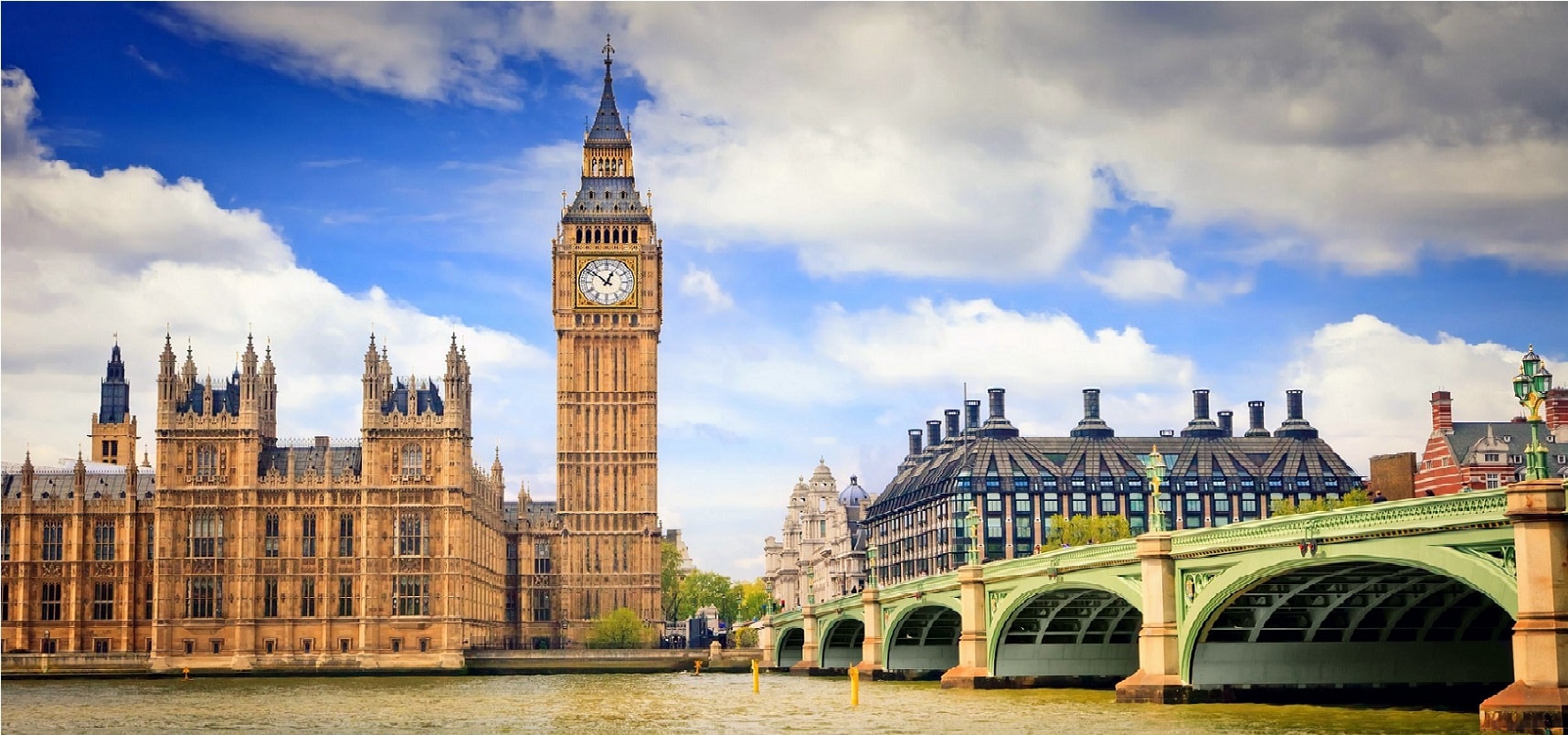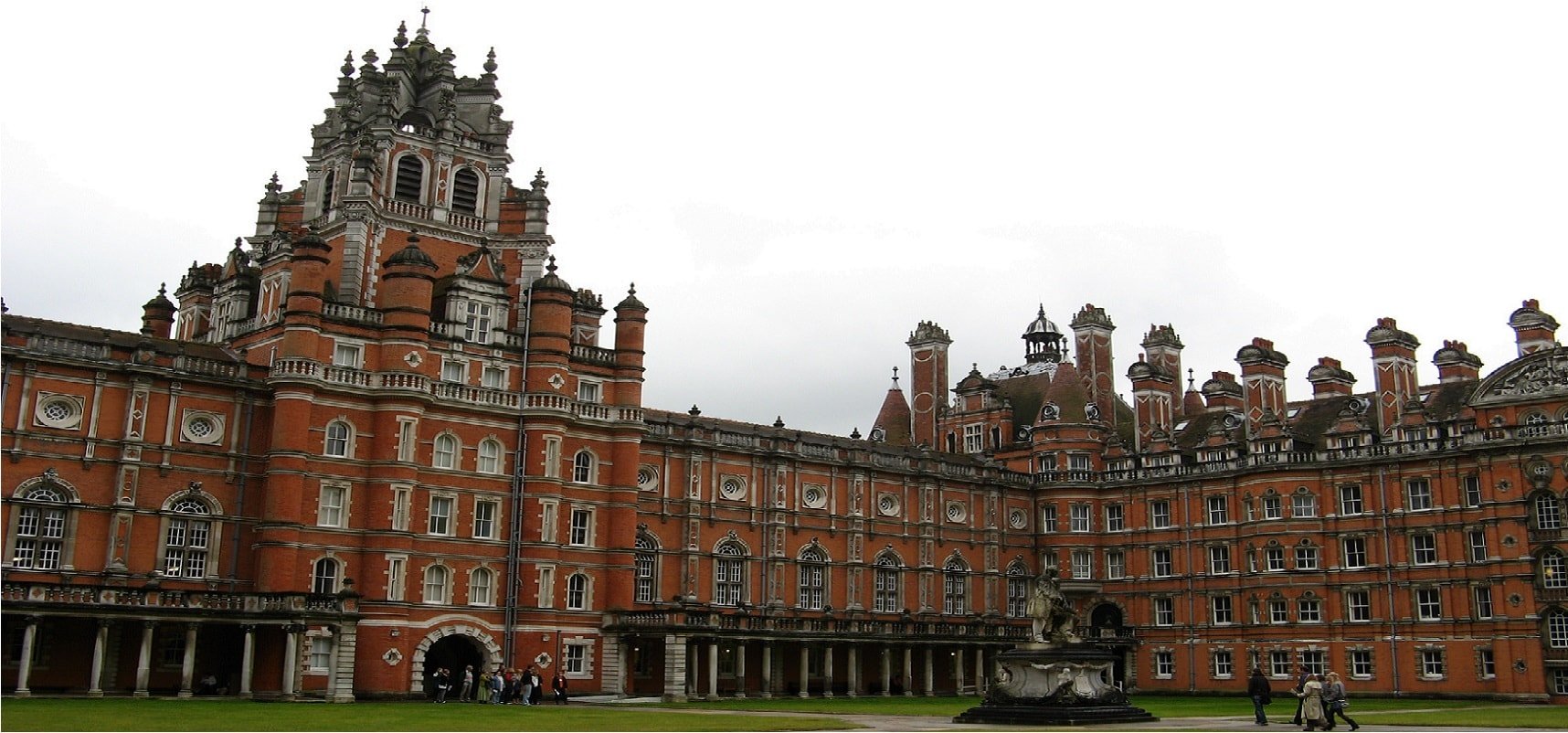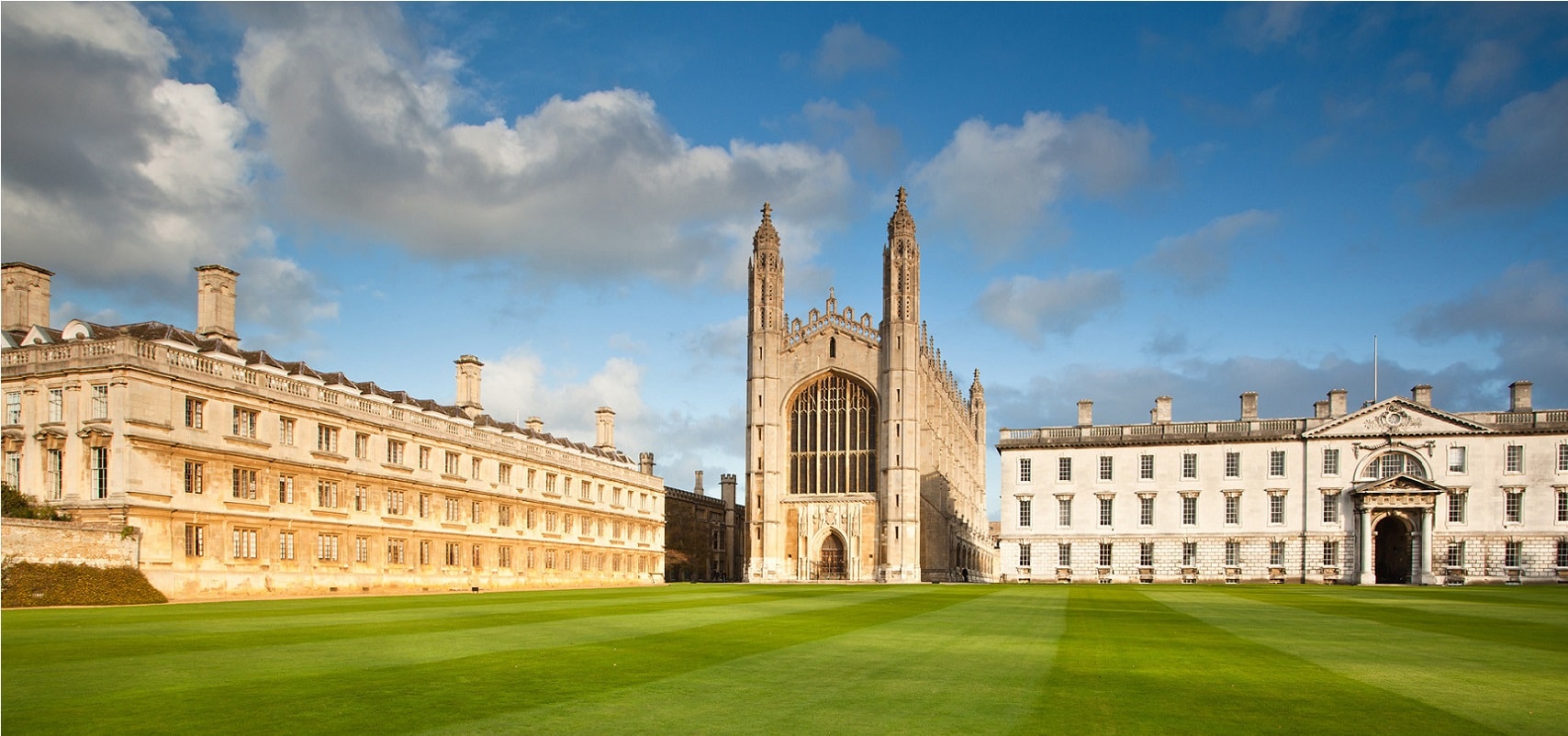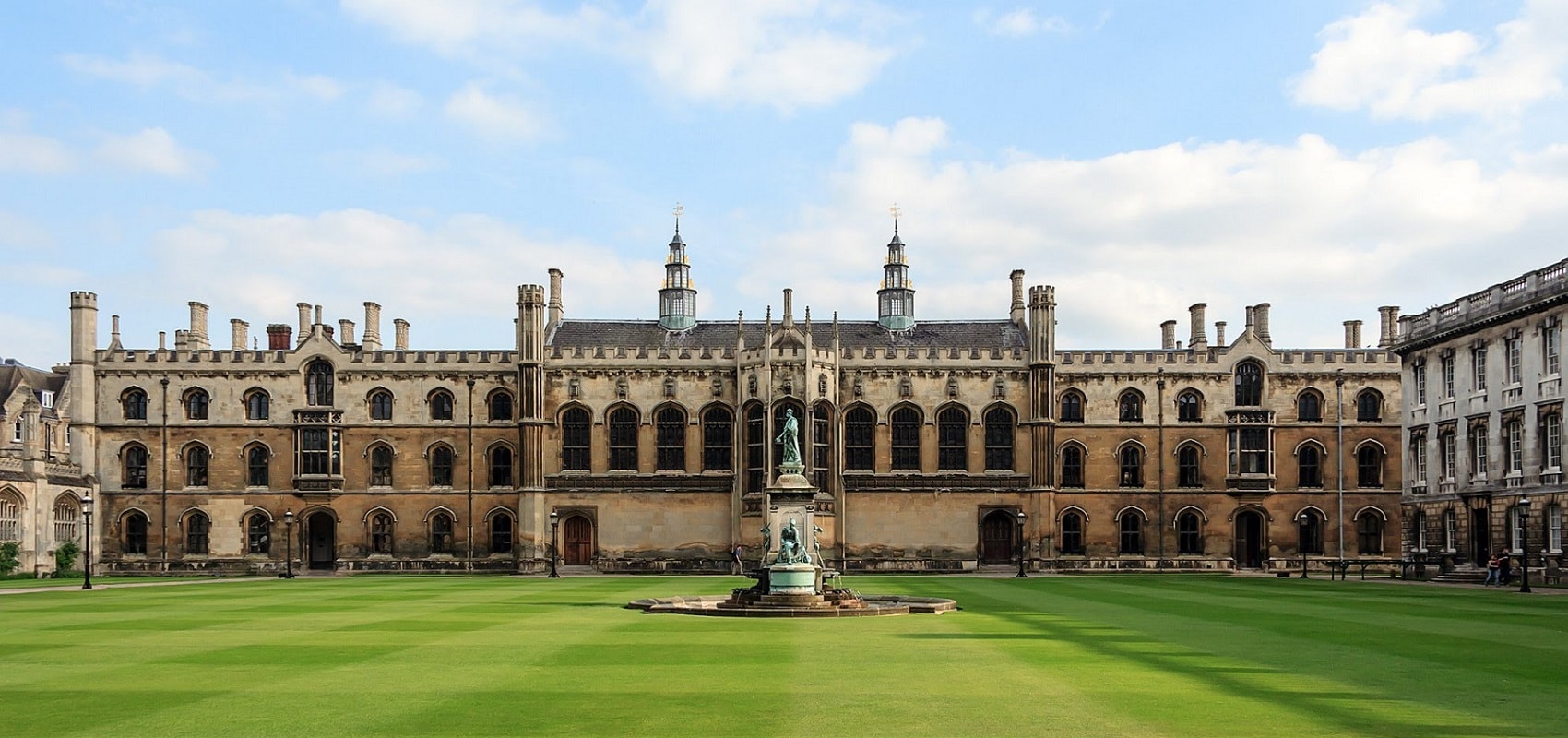Education System In United Kingdom
Across the UK there are five stages of education: early years, primary, secondary, Further Education (FE) and Higher Education (HE). Education is compulsory for all children between the ages of 5 (4 in Northern Ireland) and 16.
Early Years Education
In England since September 2010, all three and four year olds are entitled to 15 hours of free nursery education for 38 weeks of the year. Early Years education takes place in a variety of settings including state nursery schools, nursery classes and reception classes within primary schools, as well as settings outside the state sector such as voluntary pre-schools, privately run nurseries or childminders.
Early Years Education
In England since September 2010, all three and four year olds are entitled to 15 hours of free nursery education for 38 weeks of the year. Early Years education takes place in a variety of settings including state nursery schools, nursery classes and reception classes within primary schools, as well as settings outside the state sector such as voluntary pre-schools, privately run nurseries or childminders.
Funded pre-school places are available in statutory nursery schools and units and in those voluntary and private settings participating in the Pre-School Education Expansion Programme (PSEEP). Places in the voluntary/private sector 2 are part-time whilst, in the statutory nursery sector, both full-time and part-time places are available. Pre-school education is designed for children in the year immediately before they enter Primary 1.
Primary Education
The primary stage covers three age ranges: nursery (under 5), infant (5 to 7 or 8) (Key Stage 1) and junior (up to 11 or 12) (Key Stage 2) but in Scotland and Northern Ireland there is generally no distinction between infant and junior schools. In Wales, although the types of school are the same, the Foundation Phase has brought together what was previously known as the Early Years (from 3 to 5-year-olds) and Key Stage 1 (from 5 to 7-year-olds) of the National Curriculum to create one phase of education for children aged between three and seven. In England, primary schools generally cater for 4-11 year olds.
The major goals of primary education are achieving basic literacy and numeracy amongst all pupils, as well as establishing foundations in science, mathematics and other subjects. Children in England and Northern Ireland are assessed at the end of Key Stage 1 and Key Stage 2. In Wales, all learners in their final year of Foundation Phase and Key Stage 2 must be assessed through teacher assessments.
Secondary Education
In England, public provision of secondary education in an area may consist of a combination of different types of school, the pattern reflecting historical circumstance and the policy adopted by the local authority. In Wales, secondary schools take pupils at 11 years old until statutory school age and beyond.
Education authority secondary schools in Scotland are comprehensive in character and offer six years of secondary education; however, in remote areas there are several two-year and four-year secondary schools.
In Northern Ireland, post-primary education consists of 5 compulsory years and two further years if students wish to remain in school to pursue post GCSE / Level 2 courses to Level 3.
At the end of this stage of education, pupils are normally entered for a range of external examinations. Most frequently, these are GCSE (General Certificate of Secondary Education) in England, Wales and Northern Ireland and Standard Grades in Scotland, although a range of other qualifications are available. In Scotland pupils study for the National Qualifications (NQ) Standard grade (a two-year course leading to examinations at the end of the fourth year of secondary schooling) and NQ Higher grade, which requires at least a further year of secondary schooling.
Further Education
Further education may be used in a general sense to cover all non-advanced courses taken after the period of compulsory education. It is post-compulsory education (in addition to that received at secondary school), that is distinct from the education offered in universities (higher education)
A distinction is usually made between FE and higher education (HE). HE is education at a higher level than secondary school. This is usually provided in distinct institutions such as universities. FE in the United Kingdom therefore includes education for people over 16, usually excluding universities. It is primarily taught in FE colleges, work-based learning, and adult and community learning institutions. This includes post-16 courses similar to those taught at schools and sub-degree courses similar to those taught at higher education (HE) colleges (which also teach degree-level courses) and at some universities.
Colleges in England that are regarded as part of the FE sector include General FE (GFE) and tertiary colleges, Sixth form colleges, Specialist colleges (mainly colleges of agriculture and horticulture and colleges of drama and dance) and Adult education institutes.
In addition, FE courses may be offered in the school sector, both in sixth form (16-19) schools, or, more commonly, sixth forms within secondary schools.
Higher Education
Higher education is defined as courses that are of a standard that is higher than GCE A level, the Higher Grade of the SCE/National Qualification, GNVQ/NVQ level 3 or the Edexcel (formerly BTEC) or SQA National Certificate/Diploma. There are three main levels of HE course:
- Postgraduate courses leading to higher degrees, diplomas and certificates (including Doctorate, Masters (research and taught), Postgraduate diplomas and certificates as well as postgraduate certificates of education (PGCE) and professional qualifications) which usually require a first degree as entry qualification.
- Undergraduate courses which include first degrees (honours and ordinary), first degrees with qualified teacher status, enhanced first degrees, first degrees obtained concurrently with a diploma, and intercalated first degrees (where first degree students, usually in medicine, dentistry or veterinary medicine, interrupt their studies to complete a one-year course of advanced studies in a related topic).
- Other undergraduate courses which include all other higher education courses, for example SVQ or NVQ: Level 5, Diploma (HNC/D level for diploma and degree holders), HND (or equivalent), HNC (or equivalent) and SVQ or NVQ: Level 4 and Diplomas in HE.

